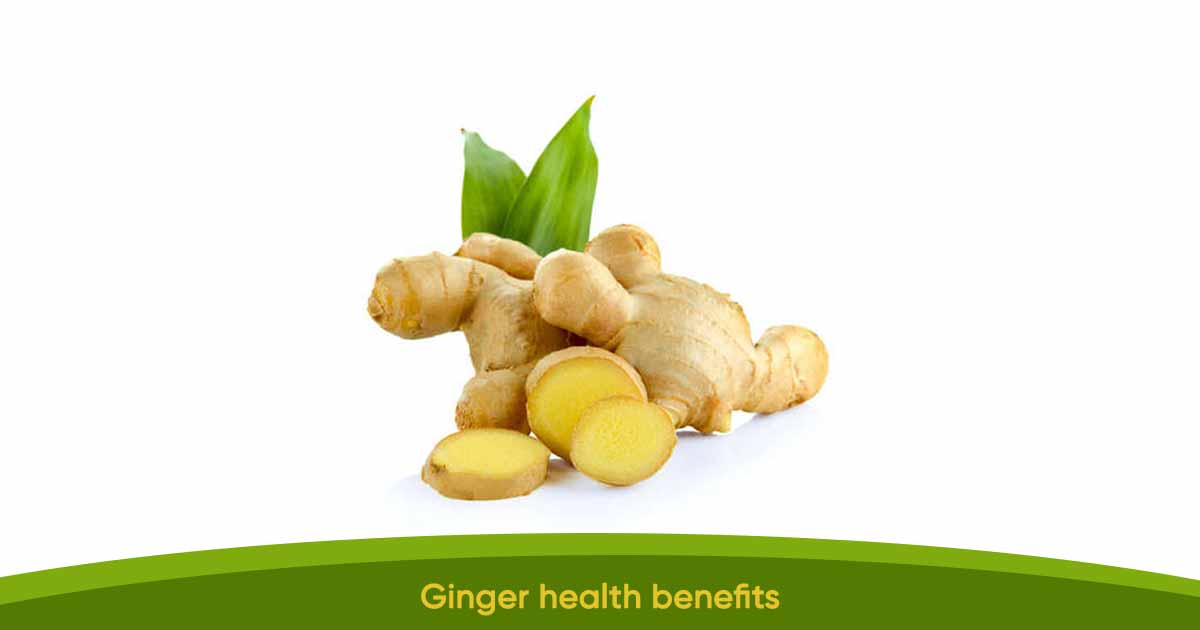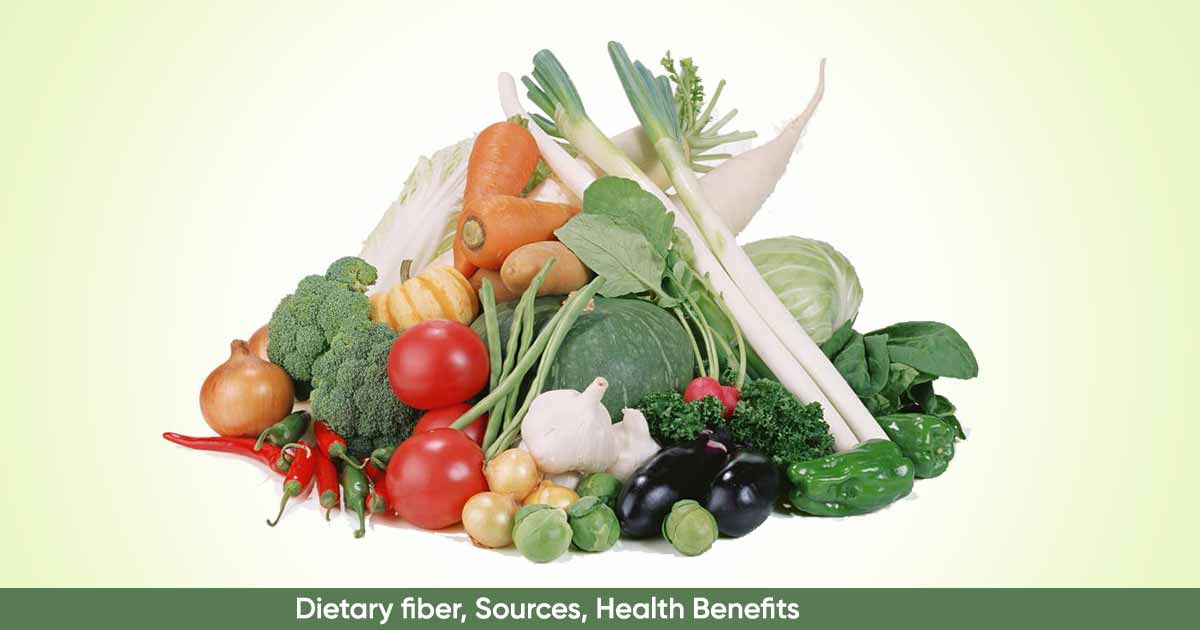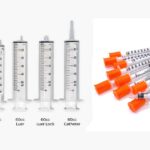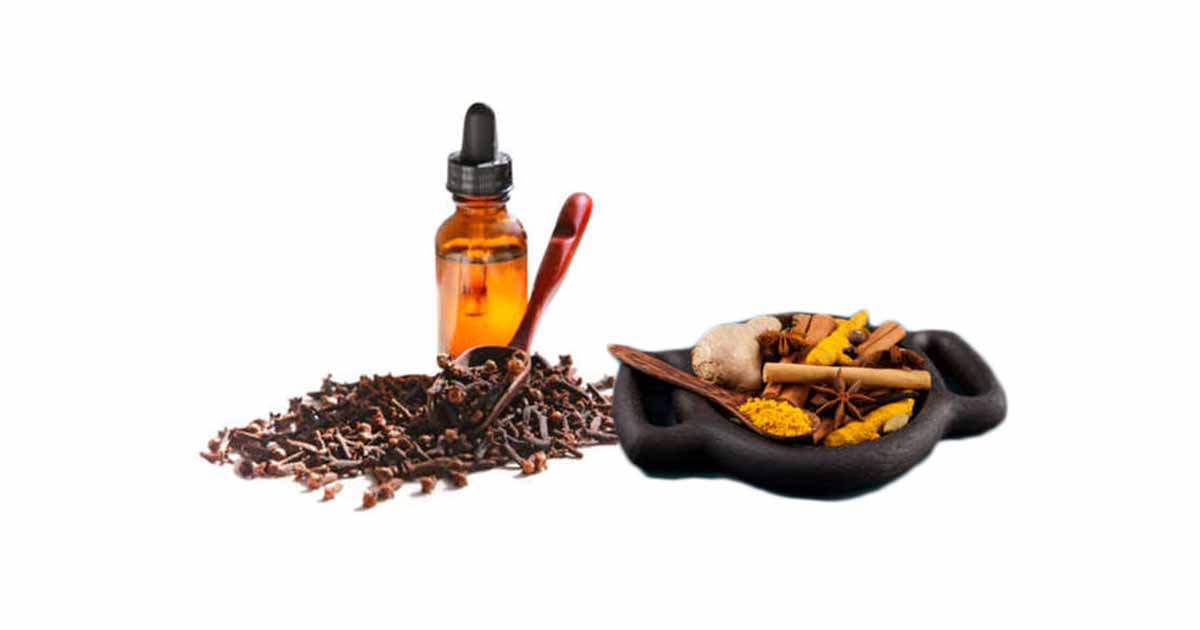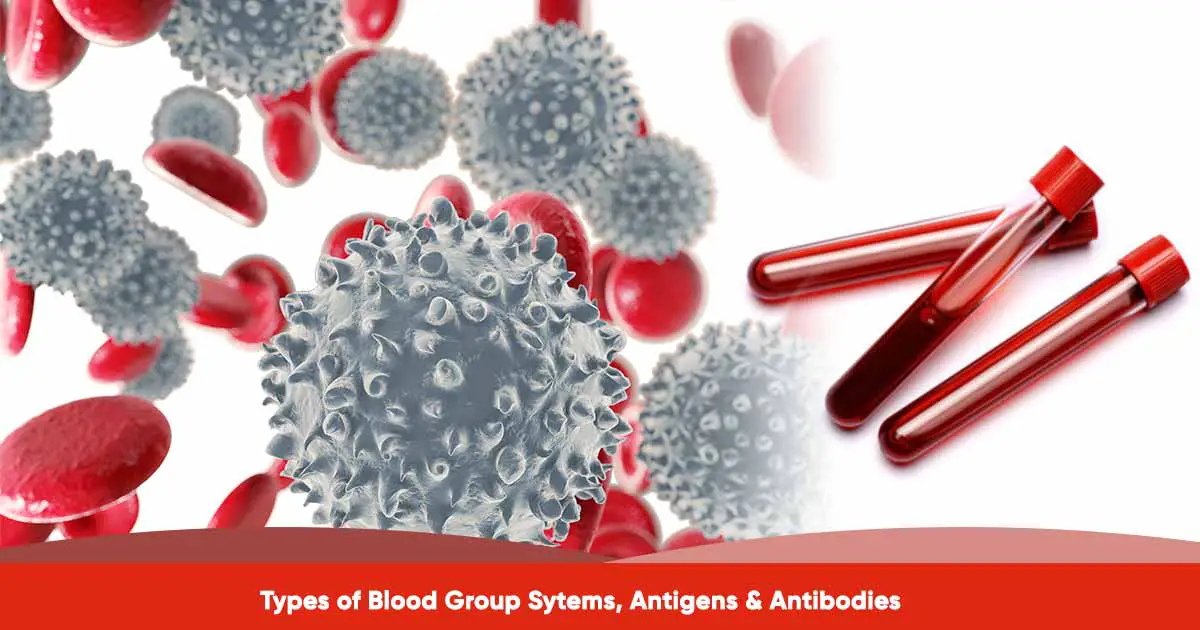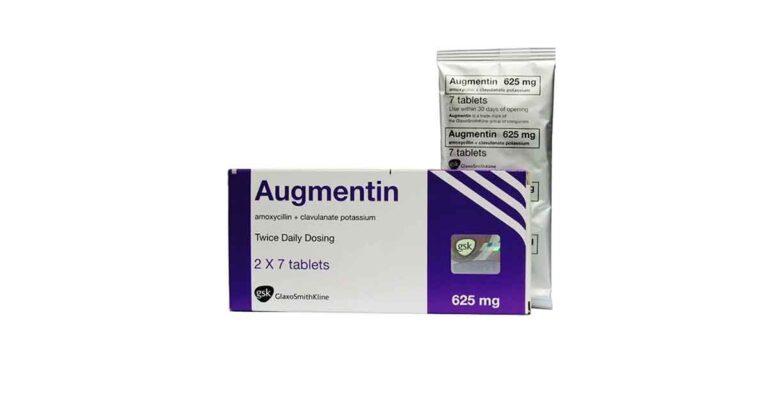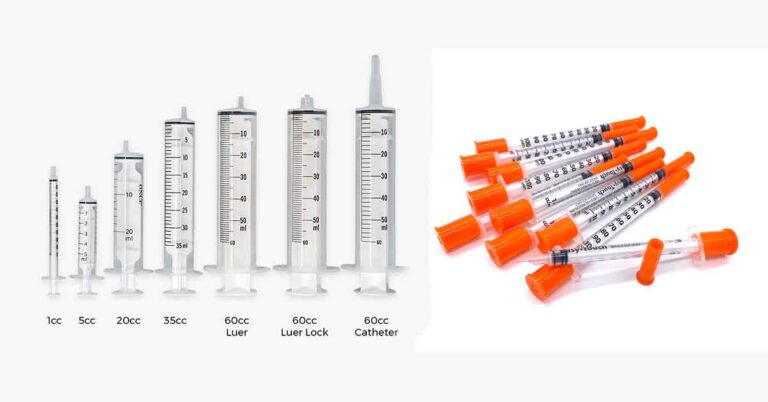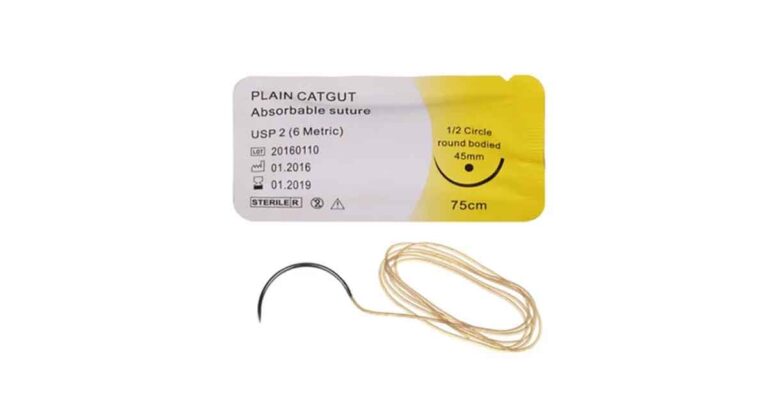Ginger is one of the healthiest and most delicious spices on the earth, with many health and nutritional benefits. It originates from Southeast Asia, and it is believed that over 5000 years ago, Chinese and Indians treated many diseases with tonic produced from ginger root.
About 1,600 species of ginger are widely grown in Asia, Africa, and America. The plant has greenish-yellowish flowers, and its slender leafy stem grows 2 – 4 feet (1.22 m) tall above the ground.
The botanical /scientific name for ginger is Zingiber officinale. It is a herbaceous perennial flowering plant from the family of Zingiberaceae and is closely related to turmeric, cardamom, and galangal. The rhizome (the underground stem) is known as ginger and could be used either as a spice, medicine, flavor, or food owing to its pungent aromatic peppery taste and flavor.
The ginger root contains about 2% essential oil that is used as a fragrance in soaps and beauty products in the cosmetic industry. The plant could be eaten either fresh, dried, powdered, processed into oil, or made into a liquid extract.
Ginger enjoys a plethora of names in different languages such as:
- Jiang in Chinese
- Gingembre in French
- Adrak in Hindi
- Ingwer in German
- Jengibre in Spanish
- Zenzero in Italian
- Zanjabeel in Arabic
Nutritional Contents of Ginger
Zingiber officinale benefits are multiple, ranging from the nutritional values and other chemical composition. The nutritional values and contents of ginger are many, and they include:
- Carbohydrates
- Proteins
- Calories
- Fibre
- Fat
- Sugar
- Minerals (in trace amounts)
- Vitamins (in minute quantity)
There are lots of vitamins and minerals present in ginger. They include:
- Vitamin B3 and B6
- Vitamin C
- Iron
- Potassium
- Magnesium
- Phosphorus
- Folate
- Zinc
- Niacin
- Riboflavin
Major Bioactive Elements in Ginger
Ginger has over 400 beneficial chemical constituents, but the most common are phenolic compounds, terpenes, organic acids, polysaccharides, lipids, and raw fibers. The phenolic compounds (such as gingerols, paradols, and shogaols) have anti-inflammatory and antioxidant properties that mainly contribute to its abundant health and medicinal benefits.
Also, research reveals that ginger has many biological activities like anti-oxidation, anti-inflammation, anti-cancerous, anti-microbial, anti-obesity, anti-nausea, antiemetic, anti-diabetic, neuroprotective, respiratory protective, and cardiovascular protective.
Medicinal Benefits of Ginger
1. Nausea Relief: Ginger has proven to be and most effective against nausea and vomiting. And so, it is highly recommended for pregnant women to relieve themselves of pregnancy-related symptoms like vomiting and nausea. A review of 1,278 pregnant women reveals that about 1.1 – 1.5 grams of ginger can significantly relieve them of nausea symptoms.
Generally, ginger is considered safe for pregnant women, but it is contraindicated with a risk factor history of clotting disorders and vaginal bleeding. So, it is advised that you discuss this with your doctor before consuming it in large quantities as a pregnant woman.
Patients who undergo chemotherapy and surgery also suffer from nausea and vomiting due to the activation of the chemoreceptor trigger zone (CTZ) by the chemotherapy agents circulating in the blood. The plant could be a huge relief to such patients.
2. Soothes stomach upset: It does this by reducing fermentation, bloating, constipation, and intestinal gas.
3. Reduces inflammation: Ginger is anti-inflammatory and eases osteoarthritis and rheumatoid arthritis. Osteoarthritis is the degeneration of the body joints resulting in pain, inflammation, and stiffness.
Research reveals that people with osteoarthritis who took ginger had less joint pain than people who did not. However, they suffered mild stomach upset due to the high consumption. Another study from 2011 revealed that the mixture of ginger, cinnamon, sesame oil, and mastic can reduce stiffness and pain in people with osteoarthritis of the knee.
4. Reduction of oxidative stress disorder: Free radicals are toxic substances that build up in the body by metabolism and other factors. When there is a large build-up of free radicals, it leads to oxidative stress disorders. But the high content of anti-oxidants in ginger helps to reduce free radicals.
5. Aids in weight loss: High insulin level is a risk factor for obesity. However, ginger has been proven to perfectly control insulin levels, and boost body metabolism. This greatly aids in weight loss. In 2016, a study of 80 obese women revealed that ginger can help to reduce body mass index (BMI) by reducing blood sugar levels. The plant has also been proven to burn calories, which also contributes to weight loss.
6. Lowers blood sugar/anti-diabetic activities: Ginger has anti-diabetic properties due to its ability to lower blood sugar. A recent study reveals that the plant helps the insulin in the blood to work maximally in the reduction of blood sugar levels.
7. Relieves indigestion: Ginger can relieve chronic indigestion also known as dyspepsia. Studies show that those who eat ginger digest twice faster as those who don’t. This is because taking it before meals empties your system faster and reduces the risk of food indigestion. The plant increases enzyme actions that break down foods and digest them faster.
8. Relieves cold and flu: Ginger is proven to be highly effective against the human respiratory syncytial virus (HRSV), which is the pathogen of respiratory infections and cold-like symptoms like flu and cold. Ginger and lemon tea relieves nasal congestion and sore throat.
9. Keeps your mouth fresh and healthy: The bacteria in the mouth cause gum infection known as periodontal disease. However, consuming ginger release the active compound, gingerol which inhibits the growth of oral bacteria. Thereby keeping the mouth fresh and healthy.
10. Reduces heart disease risk factors: Ginger helps to prevent cardiovascular (diseases of the heart) diseases like heart attacks, strokes, etc. The increase in cholesterol levels causes the arteries to clog and increases the risk of heart diseases. The plant reduces the cholesterol level and lowers blood pressure and thereby reducing the risk of heart problems.
Ginger is also considered a blood thinner because it reduces blood clotting, which poses the risk of heart disease.
11. Relieves menstruation pain: A study reveals that women who take 1,500 milligrams of ginger powder once daily for at least 3 days during their menstrual cycle feel less pain than those who do not. Another study shows that women who took 250 grams of ginger four times daily experienced relief from pain as those who took 400 mg of Ibuprofen and 250 mg of mefenamic acid.
Gingerol, the bioactive element in ginger, has been proven to ease pain as a result of its inflammatory and analgesic effects. A 2016 research infers that it can reduce dysmenorrhea, also known as menstrual pain.
12. Lowers cholesterol levels: A recent study reveals that 5 grams of ginger daily for 3 months can lower your LDL cholesterol on a 30 points average.
13. Soothes and relieves sore muscles: Many studies reveal that people who suffer muscle pain from exercise had less pain the next day after they took ginger when compared to those who didn’t.
14. Anti-cancerous: Research shows that the bioactive elements in ginger slow down the growth of cancerous cells on the skin, ovaries, prostate, liver, breast, etc. The antioxidant elements in the plant are responsible for inhibiting the growth of cancer cells and slowing the aging process.
15. Improves brain function: The brain may suffer from Alzheimer’s disease, dementia, mental disorders, etc. as a result of inflammation. However, ginger reduces inflammation and increases the neurotransmitters in the grain that are responsible for focus, memory, and response.
Also, the plant helps to release serotonin and dopamine in the brain to combat mental health disorders like anxiety and depression. Dopamine and serotonin are neurotransmitters or chemical messengers that regulate coordination, movement, emotions, etc.
16. Helps fight infections: Owing to the antimicrobial and antifungal properties of ginger, it is used in combination with lemon, another antioxidant. It helps to fight infections and boost the immunity of the body.
17. It makes you look younger: Free radicals resulting from pollution and ultraviolet rays are in the environment. This leads to the breakdown of collagen and damage to the skin. However, Ansel infers that the antioxidants in ginger maintain the production of collagen in the skin, skin smoothness, and elasticity.
What are the Dosages of Ginger?
It is important to know the right dosage of ginger to take per day. However, the recommended dosage for ginger depends on the ailment it is used for. For instance;
- 500 milligrams every 4 hours and not more than 1.5 – 2 grams daily is recommended for the treatment of migraine headaches.
- For the treatment of nausea and vomiting in pregnancy, 250 milligrams of ginger powder four times daily and not more than 6 grams per day is recommended.
- For chemo-induced nausea, 1 – 4 grams per day is advised.
- 250 milligrams of ginger four times daily or 500 milligrams two times daily is recommended for morning sickness.
- 170 milligrams of ginger extract thrice daily or 255 milligrams twice daily (not more than 4 grams) is appropriate for the treatment of osteoarthritis.
What are the Side Effects of Ginger?
Despite the multiple medicinal and nutritional benefits of ginger, it has been shown to have a lot of side effects, especially when consumed in large quantities. These side effects include:
- Heartburn
- Abdominal discomfort
- Increased tendency of bleeding
- Dermatitis
- Diarrhoea
- Throat irritation
- Central nervous system depression
- Cardiac arrhythmias
Does Ginger Interact With Drugs?
Ginger has shown slight interactions with about seventy-three (73) different drugs including, but 13 of them includes:
- Tirofiban
- Ticlopidine
- Green tea
- Devil’s claw
- Danshen
- Anagrelide
- Abciximab
- Anamu
- Prasugrel
- Cilostazol
- Dipyridamole
- Eptifibatide
- Clopidogrel
So, it is pertinent that you discuss this with your doctor before taking any drugs, especially if you:
- Are pregnant
- Have bleeding disorder
- Are suffering from cardiac disease
- Are hypertensive (high blood pressure)
- Are hypotensive (low blood pressure)
- Are suffering from diabetes mellitus
What Are the Warnings and Precautions for Taking Ginger?
- Hypersensitivity and gallbladder diseases may result from ginger consumption.
- Some medications contain ginger and should be taken under medical advice if you have any of the conditions listed above.
How to Add Ginger to Your Diet
Ginger can be eaten fresh and raw, dried and powdered, or made into an extract or liquid. It could be eaten whole or incorporated into foods as a spice or flavoring agent.
Here is a list of foods you can add ginger to:
- Meat or fish stock
- Stew
- Soup
- Rice
- Ginger tea or ginger water
- Ginger smoothies
- Ginger juice
- Soup
- Pasta
Ginger benefits can be increased by combining it with other spices or plants. For instance, ginger and turmeric, ginger and lemon, ginger, and lime, ginger and garlic, ginger and clove, etc. are other wonderful variations of ginger tea with multiple benefits.
How to Make Ginger Tea
Ginger tea, also known as ginger juice, is a spicy non-alcoholic, and non-caffeinated drink perfect for keeping warm in cold weather. You may consider taking it if you do not like chewing the plant raw. Here are five steps on how to make ginger tea:
- Slice the ginger into thin and small pieces.
- Thoroughly wash until it is dirt-free
- Peel off the back and rinse again in neat water.
- Pound or blend it to give a perfect paste
- Boil over high heat for 15 – 20 minutes
- Sieve with a fine mesh to ensure all debris is filtered.
- Drink while it is still hot for more effectiveness.
How to Make Ginger Oil at Home
- Slice the ginger into thin and small pieces.
- Thoroughly wash until it is dirt-free
- Allow it to dry
- Shred it into small pieces using a grater
- Add your olive oil to it and heat it in the oven at 150F for 120 minutes.
- Filter with cheesecloth to get the oil.
What are the Uses and Benefits of Ginger Oil?
- Ginger oil also possesses potential benefits of ginger ranging from relief from nausea, vomiting, menstrual pain, cold, or flu, to anti-inflammation, etc.
- Ginger oil is sometimes infused in hair products like shampoos, leave-in conditioners, creams, etc. because it promotes good healthy growth. This property has also been attributed to gingerol, the active element in ginger.
- It can also be applied to the skin to improve skin smoothness. However, it is advised that you dilute ginger oil with carrier oils (like coconut oil, almond oil, jojoba oil, and avocado oil) before applying it to the skin.
- The oil can be used in place of raw ginger for steam inhalation for the relief of nasal congestion.
- It can also be used for aromatherapy.
- The oil can be used to freshen the air in the room when mixed with water.
Is it good to Take Ginger Supplements?
As much as supplements are good, they should never be taken as or in place of drugs. This is because supplements contain just a fraction of the ingredients needed. So, why take the supplements when you can take ginger and get a maximum result?
Summary
Ginger is one of the most beneficial natural spices that we almost cannot do without. It poses multiple nutritional and medicinal benefits and lots of undiscovered potentials. It could be eaten whole (dried, fresh, powdered) or infused into our daily food.
It might interest you to know that ginger has mild side effects with little or no contraindications. However, it is advised that you speak with your health practitioner before consuming the plant and its derivatives in large proportion.
References:
- https://academicjournals.org/journal/JPP/article-full-text-pdf/56E54E164970
- https://www.hopkinsmedicine.org/health/wellness-and-prevention/ginger-benefits
- https://www.ncbi.nlm.nih.gov/books/NBK92775/

